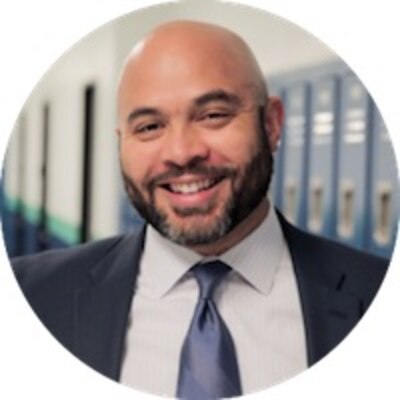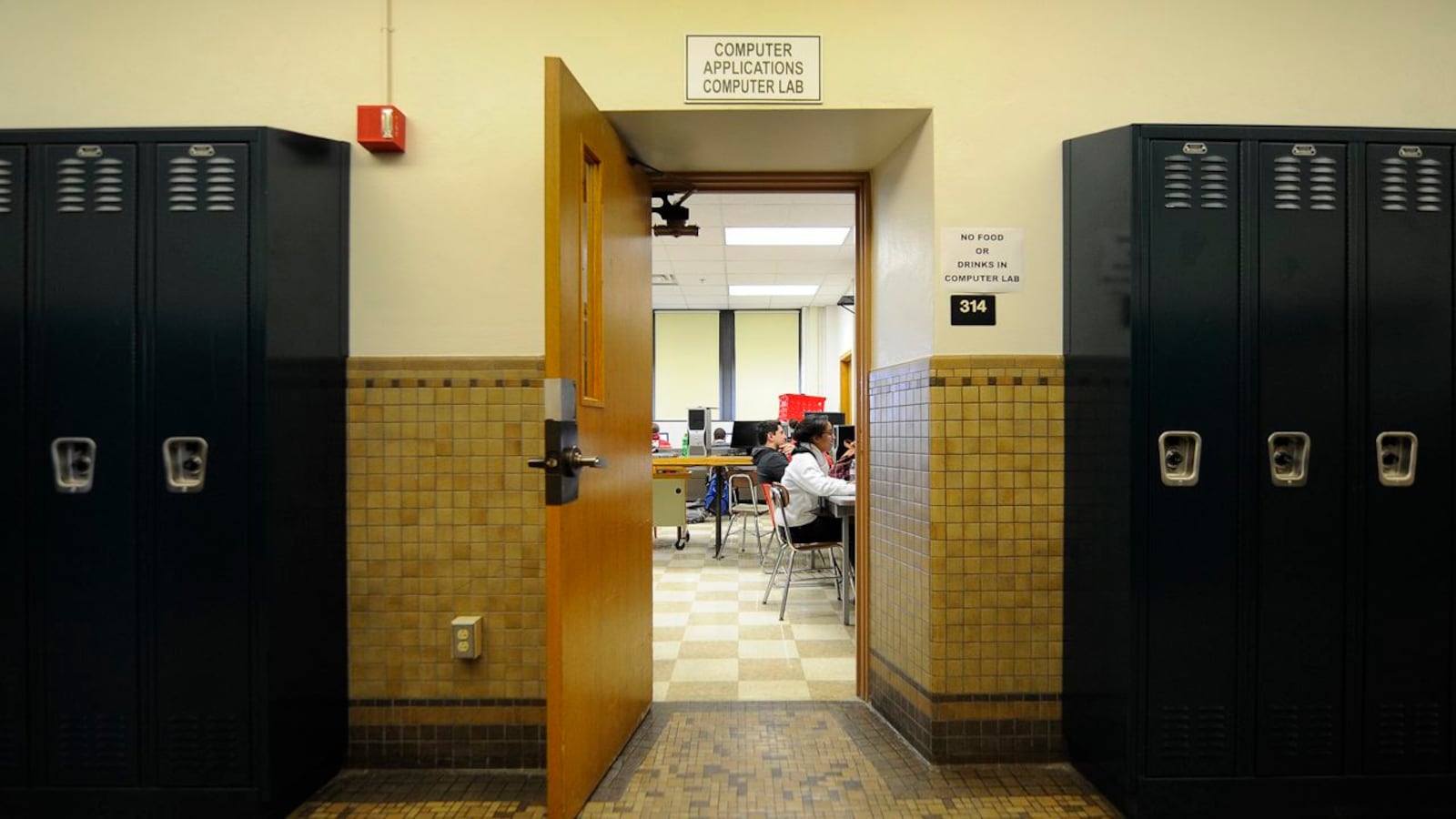
I was recently invited to a reunion for folks who had worked at the New York City Department of Education under Mayor Michael Bloomberg. It was a privilege for me to have been part of that work, and it was a privilege for me to be in that room reflecting on our legacy.
The counterweight is that only four people in the room were black males. Two were waiters, and I was one of the remaining two. There were definitely more than two black men who were part of the work that took place in New York City during that era, but it was still striking how few were present.
The event pushed me to reflect again on the jarring impact of the power dynamics that determine who gets to make decisions in so-called education reform. The privileged end up being relatively few, and even fewer look like the kids we serve.
I’m now the chief operating officer at YES Prep, a charter school network in Houston. When I arrived at YES four years ago, I had been warned that it was a good old boys club. Specifically, that it was a good old white boys club. It was something I assessed in taking the role: Would my voice be heard? Would I truly have a seat at the table? Would I have any influence?
As a man born into this world with a black father and white mother, I struggled at an early age with questions about identity and have been asking those questions ever since.
As I became an adult, I came to understand that being from the suburbs, going to good schools, and being a lighter-skinned black person affords me greater access to many settings in America. At the same time, I experience my life as a black man.
Jeremy Beard, head of schools at YES, started the same day I did. It was the first time YES had black men at the leadership table of the organization. The running joke was that people kept mistaking Jeremy and me for each other. We all laughed about it, but it revealed some deeper issues that had pervaded YES for some time.
“Remember when you led that tour in the Rio Grande Valley to see schools?” a board member asked me about three months into my tenure.“That wasn’t me,” I replied. I knew he meant Jeremy, who had worked at IDEA in the Valley. At that time, I had never been to the Valley and didn’t even know where it was on the map.
“Yes, it was,” he insisted.
“I’ve never been to the Valley. It wasn’t me. I think you mean Jeremy.”
“No, it was you, don’t you remember?” he continued, pleading with me to recall something that never happened.
“It wasn’t me.”
He stopped, thought about it, confused, and uttered, “Huh.”
It is difficult for me to assign intent here, and this dynamic is not consistent with all board members. That particular person may have truly been confused about my identity. And sure, two black men may have a similar skin tone, and we may both work at YES. But my life experience suggests something else was at play. It reminds me that while I have the privilege of sitting at the table with our board, they, as board members, have the privilege of not having to know who I am, or that Jeremy and I are different black dudes.
It would be easy to just chalk this all up to racial politics in America and accept it as status quo, but I believe we can change the conversation on privilege and race by having more conversations on privilege and race. We can change the dynamics of the game by continuing to build awareness of diversity, equity, and inclusion. We can also advocate to change who has seats at the table and whose voices will be heard.
I remain hopeful thanks to the changes I have witnessed during my time at YES. The board has been intentional in their efforts to address their own privilege, and is actively working to become more diverse and inclusive.
Personally, I have worked to ensure there are more people of color with seats at the table by mentoring future leaders of color at YES Prep and other black men in this work. Jeremy and I also created Brothers on Books, a book club for black men at YES to find mentorship and fellowship. Through this book club, we can create a safe space to have candid discussions based on literature we read and explore what it means to be black men at YES.
When I think about privilege, I am torn between the privilege that has been afforded to me and the jarring power dynamics that determine who gets to have conversations and make decisions in so-called education reform. White people are afforded more voices and seats at the table, making decisions that primarily impact children of color.
It is not lost on me that it is my own privilege that affords me access to a seat at the table. My hope is that by using my role, my voice and my privilege, I can open up dialogue, hearts, minds, opinions, and perceptions. I hope that readers are similarly encouraged to assess their own privileges and determine how they can create positive change.
Recy Benjamin Dunn is YES Prep’s chief operating officer, overseeing operations, district partnerships, and growth strategy for the charter school network. A version of this piece was first published on YES Prep’s blog.
About our First Person series:
First Person is where Chalkbeat features personal essays by educators, students, parents, and others trying to improve public education. Read our submission guidelines here.


